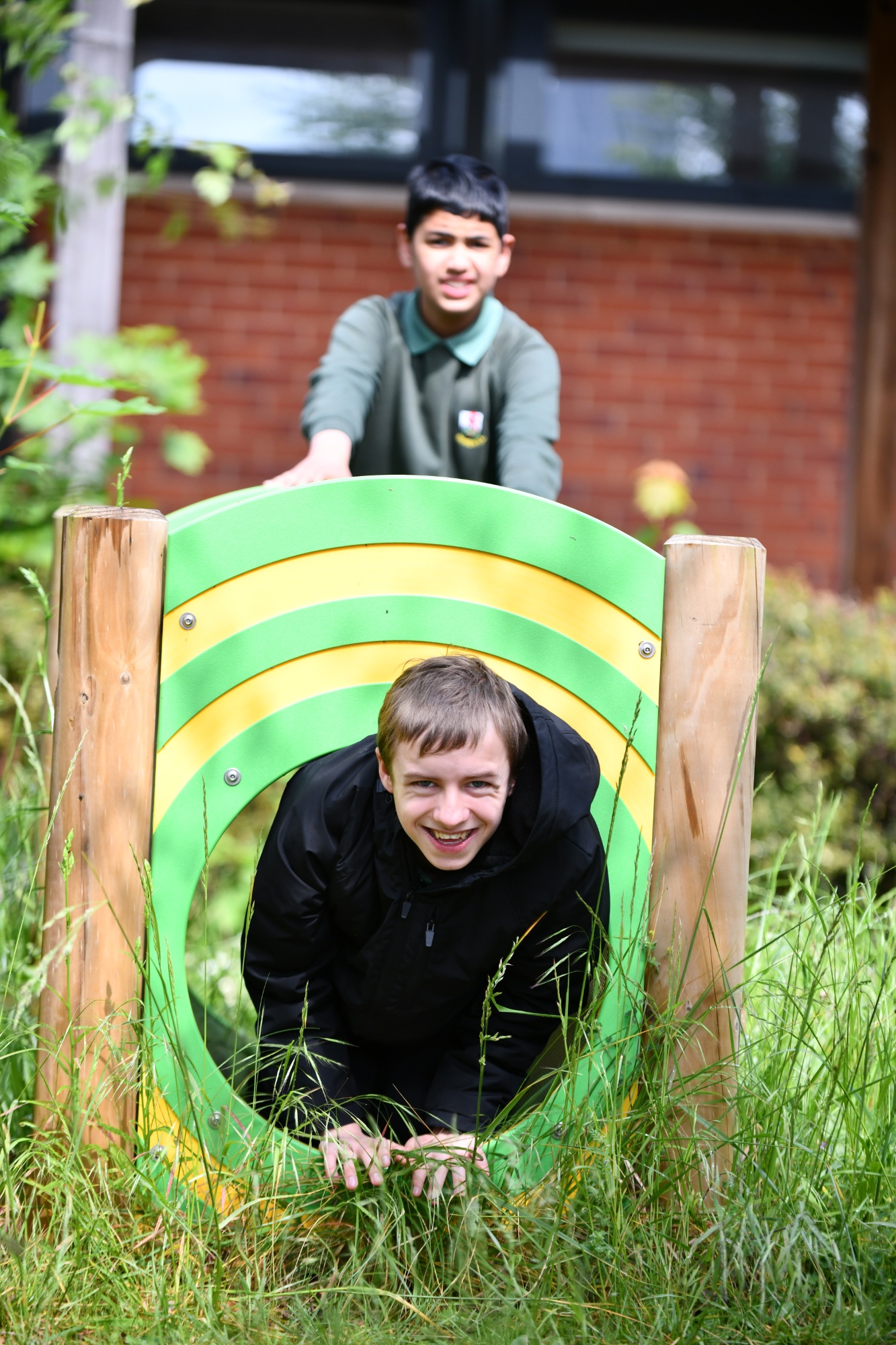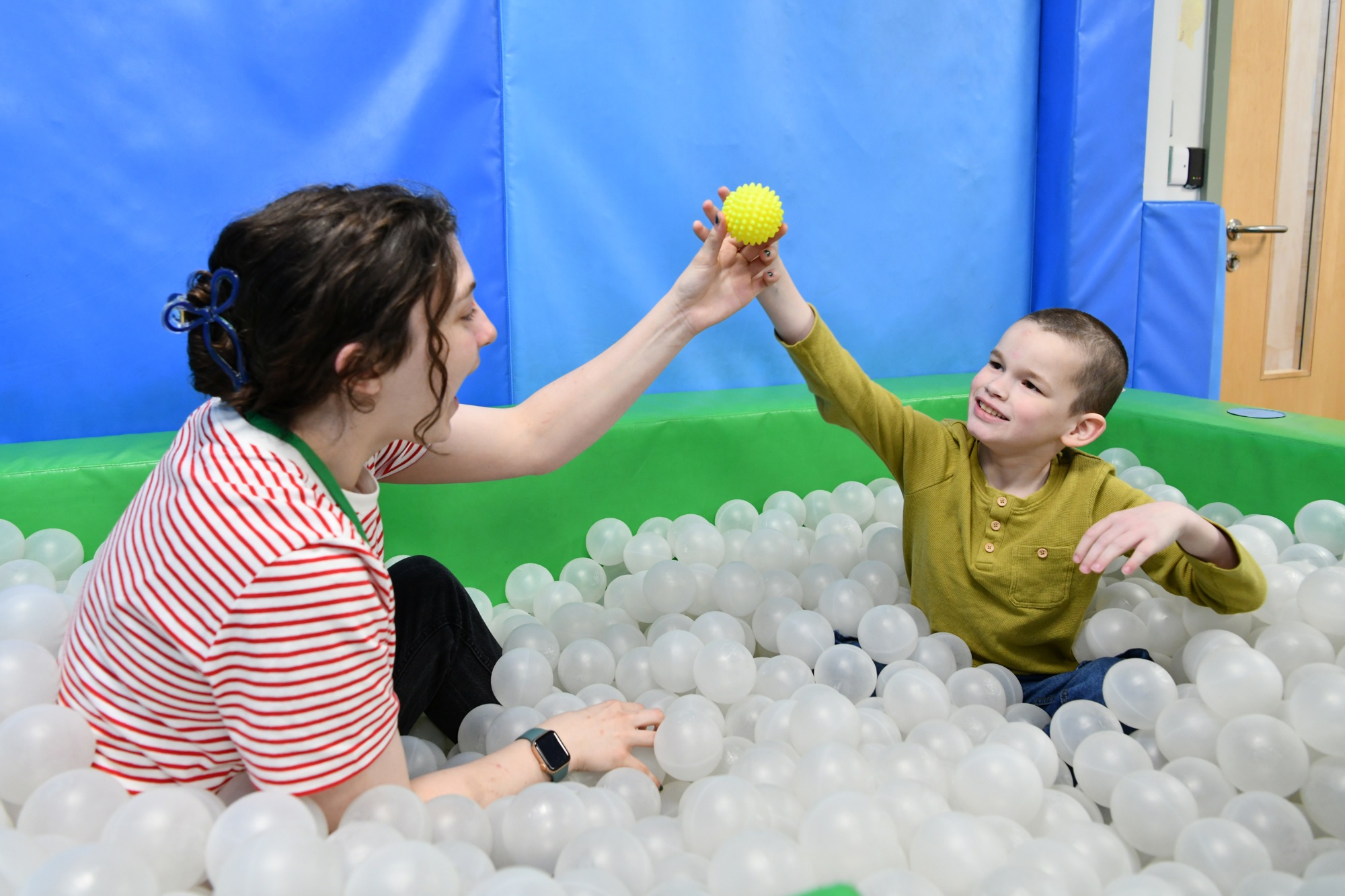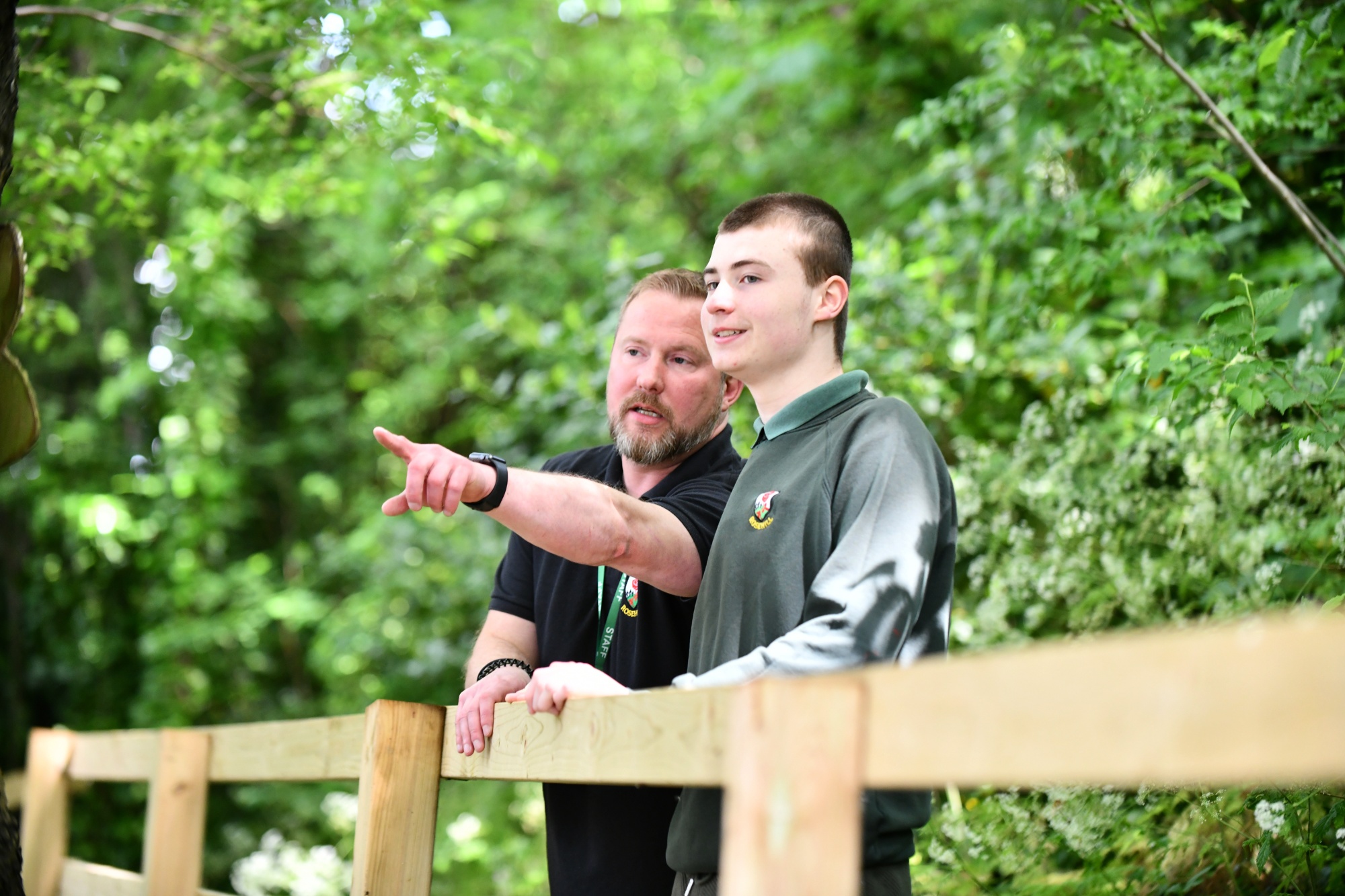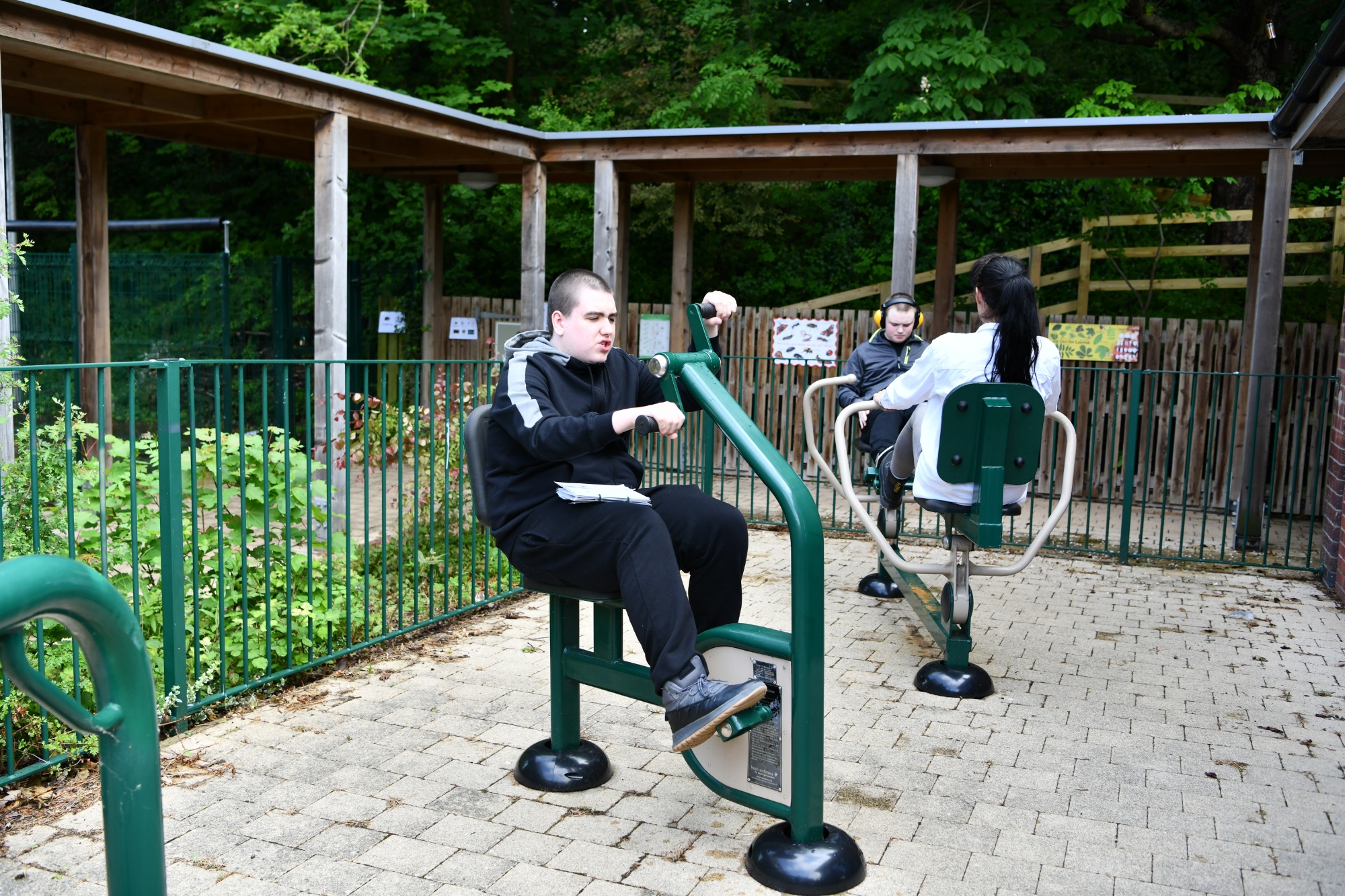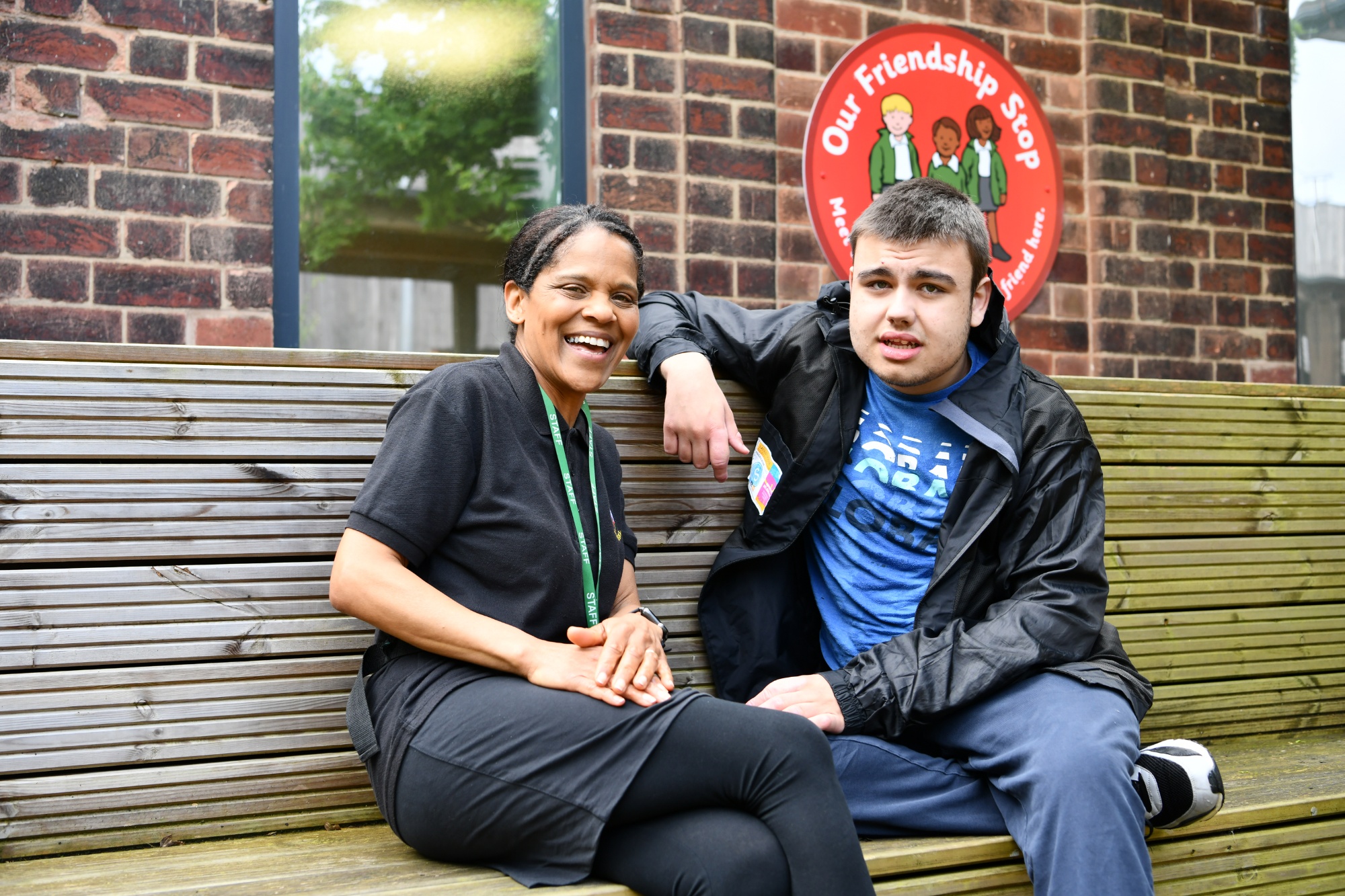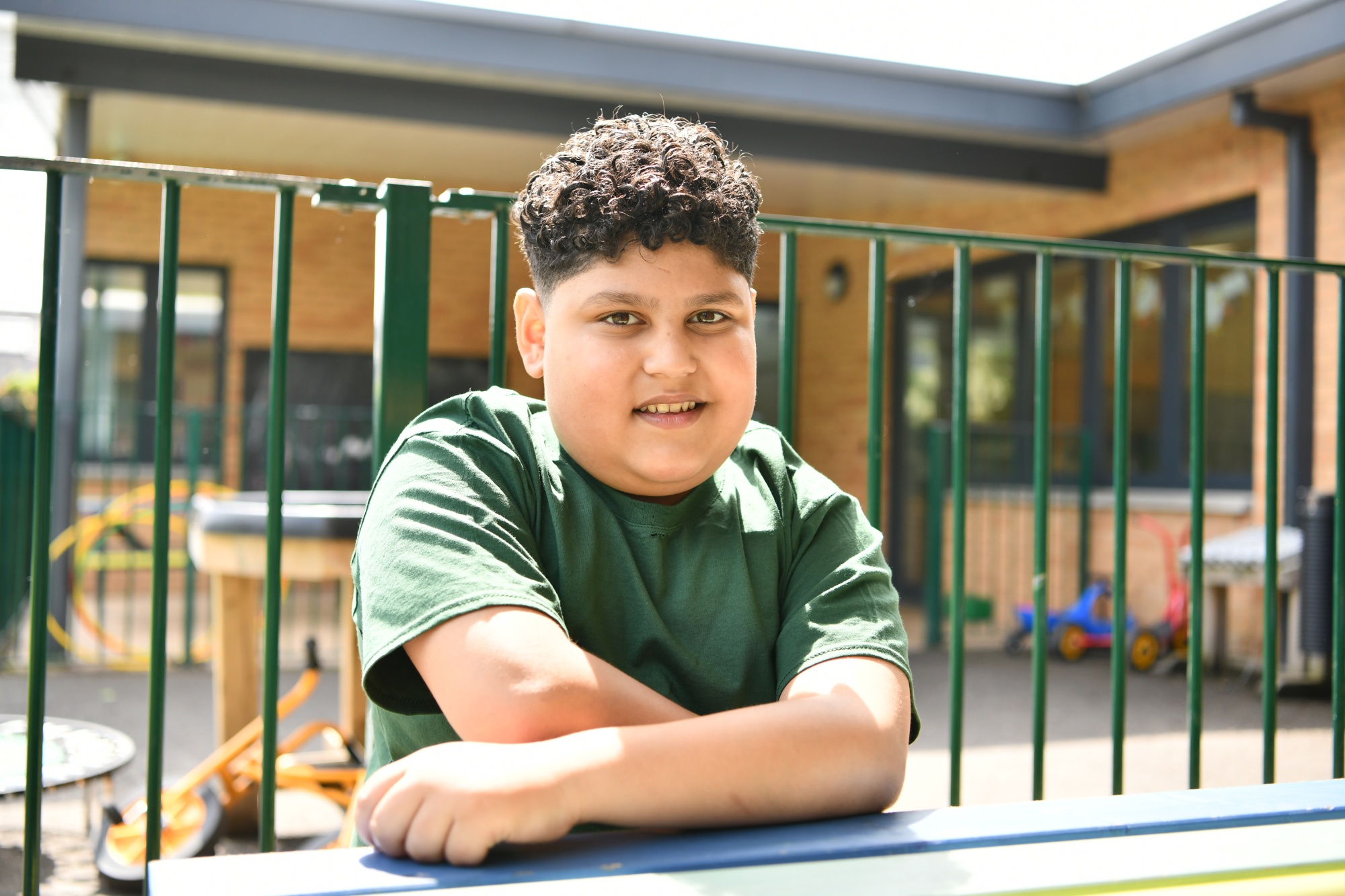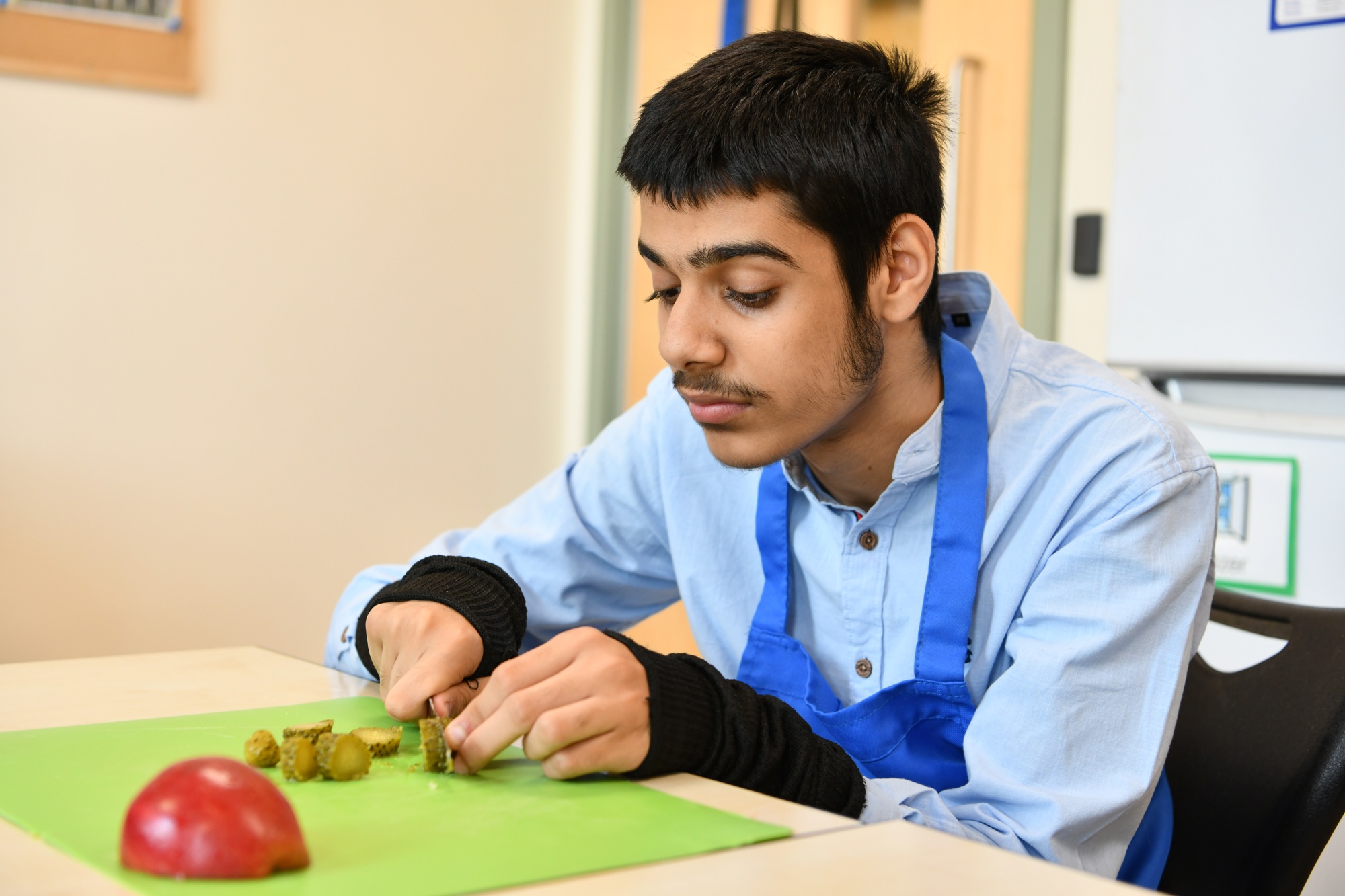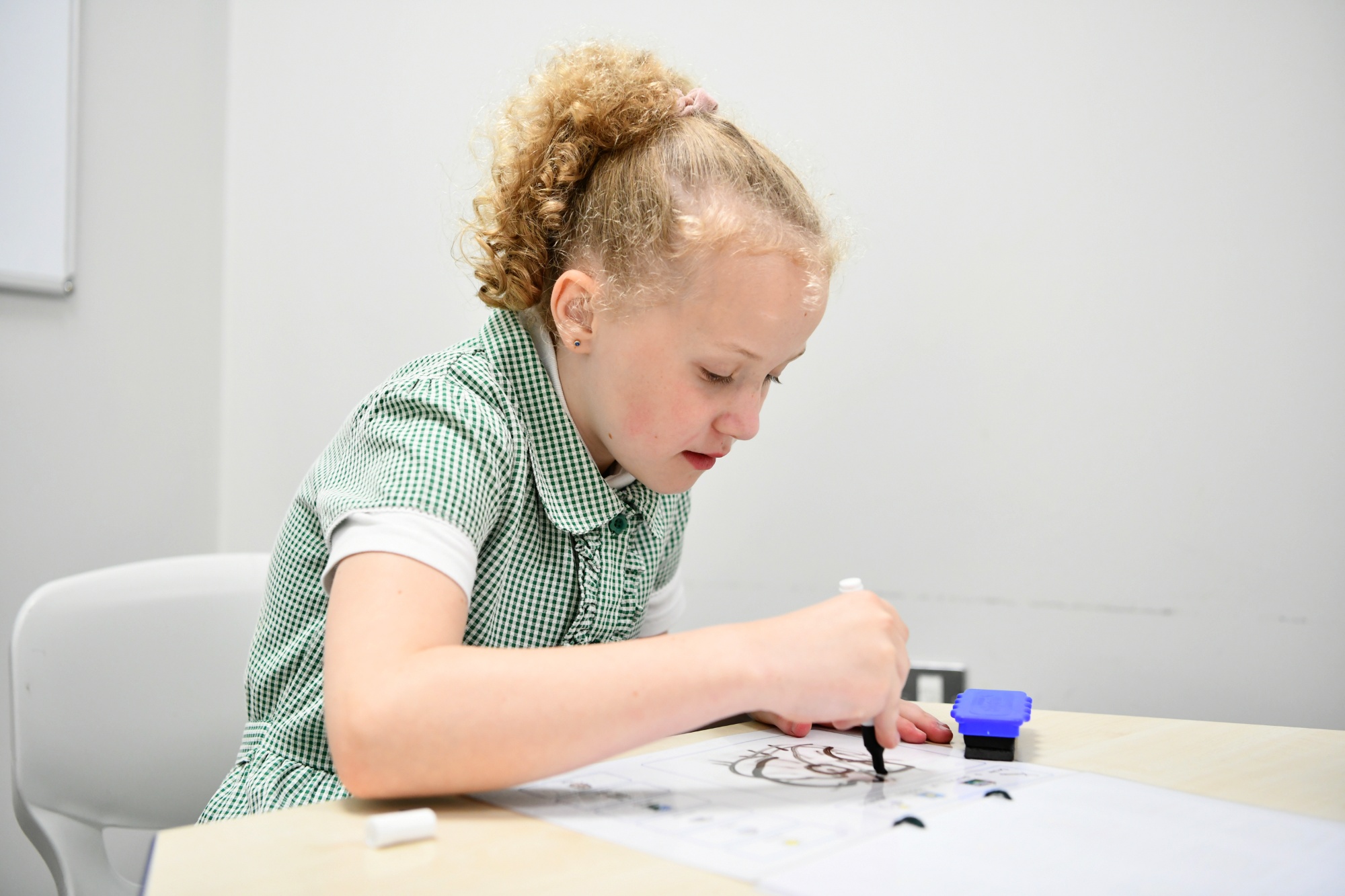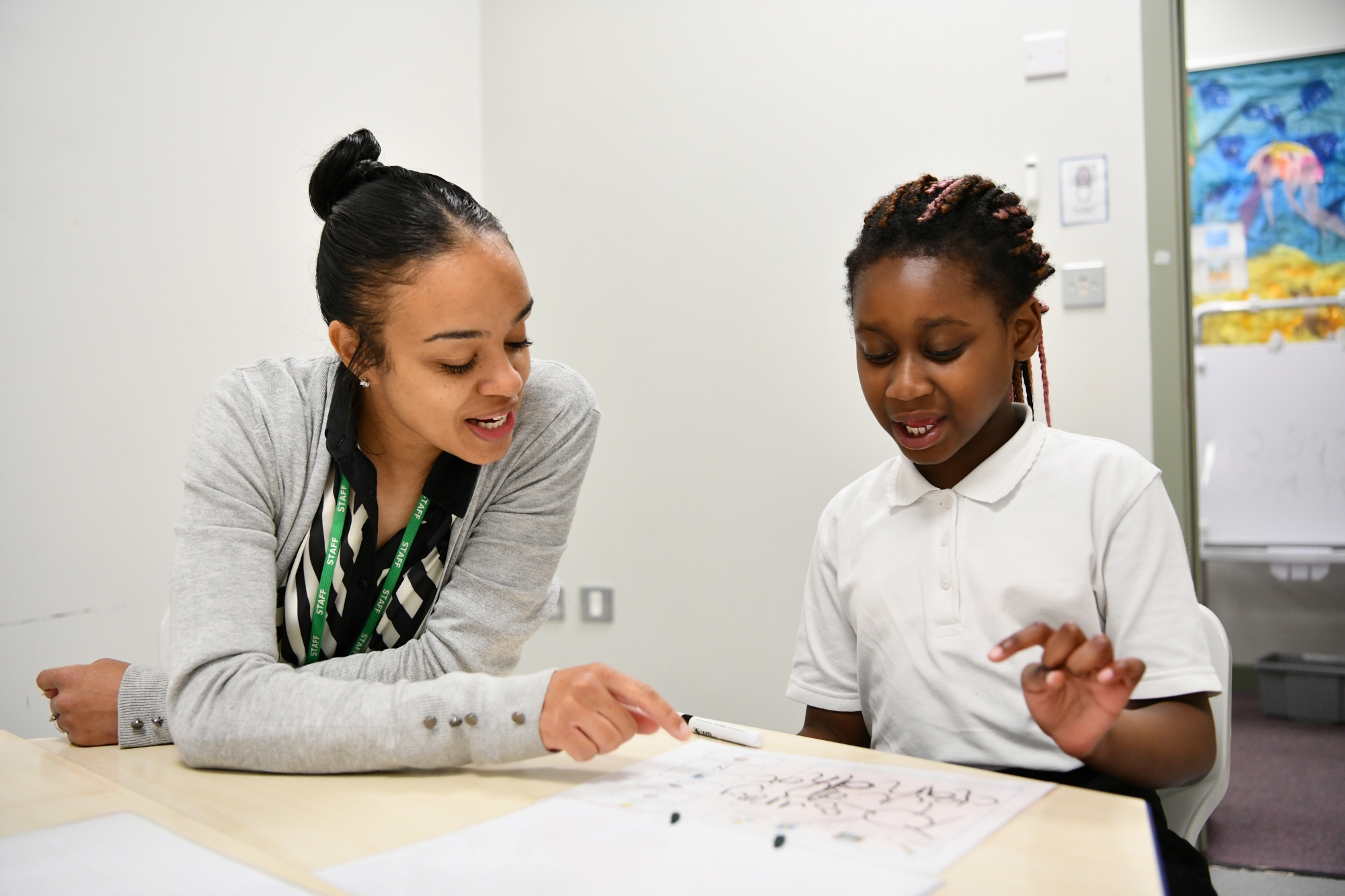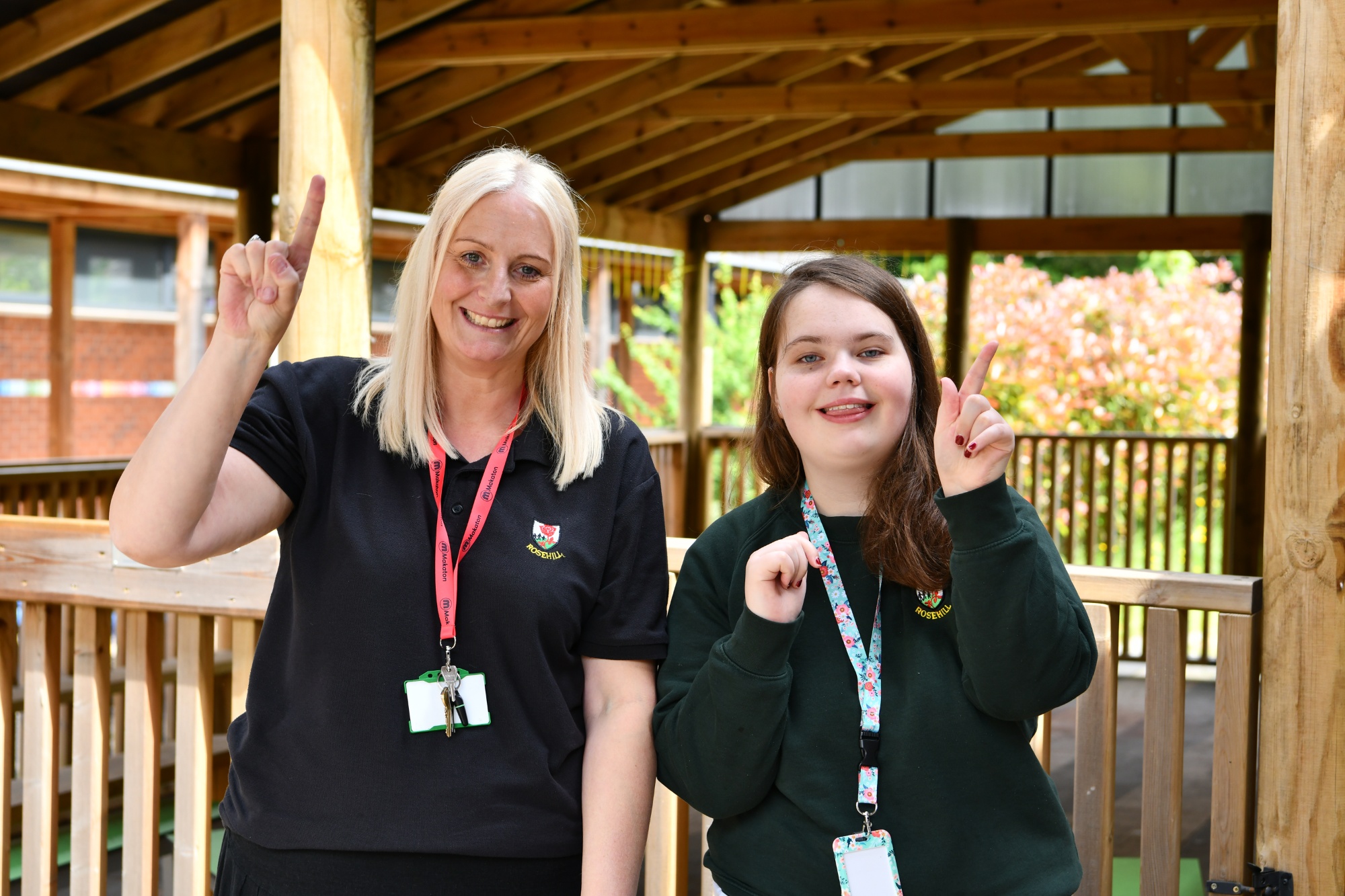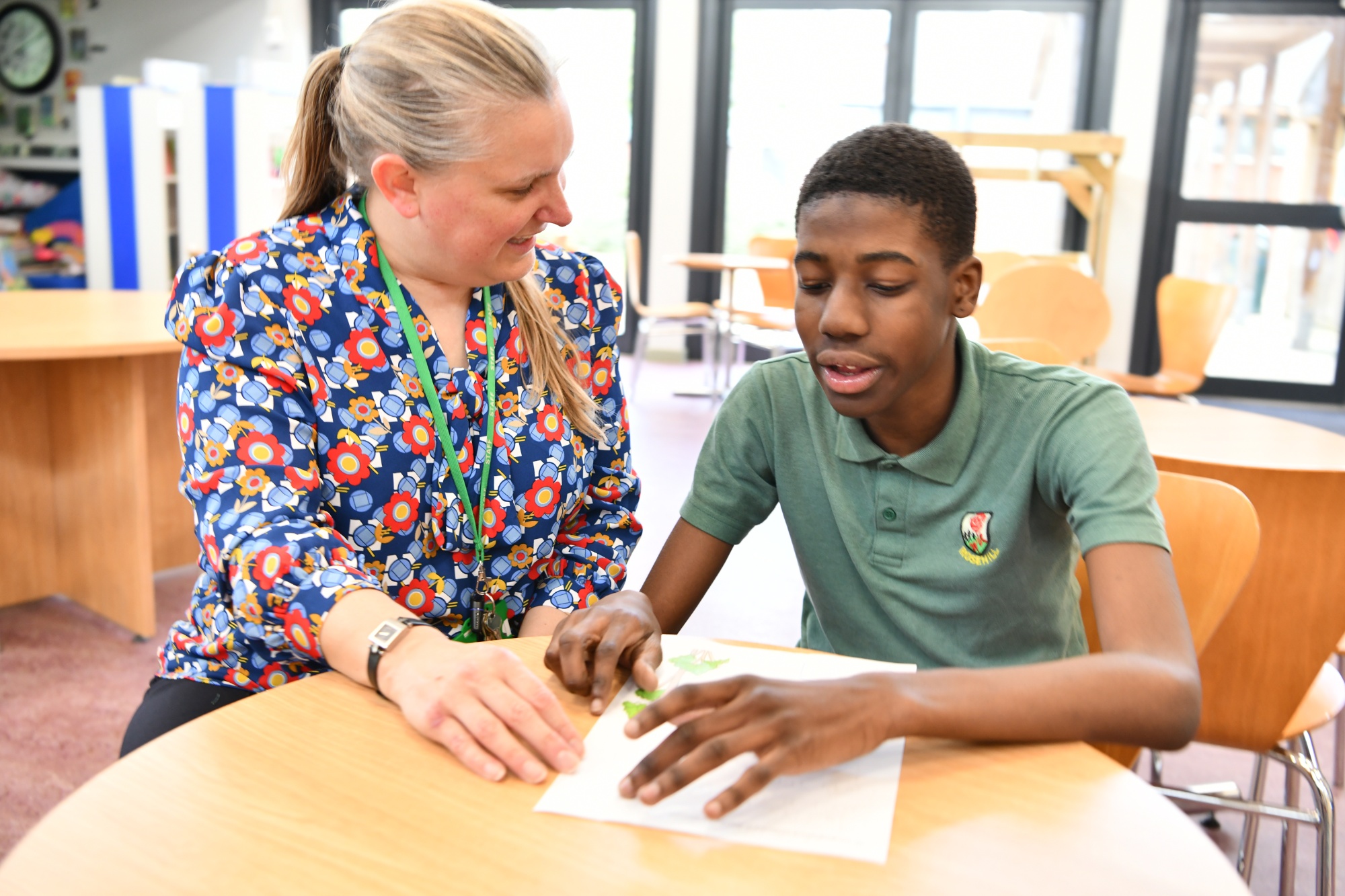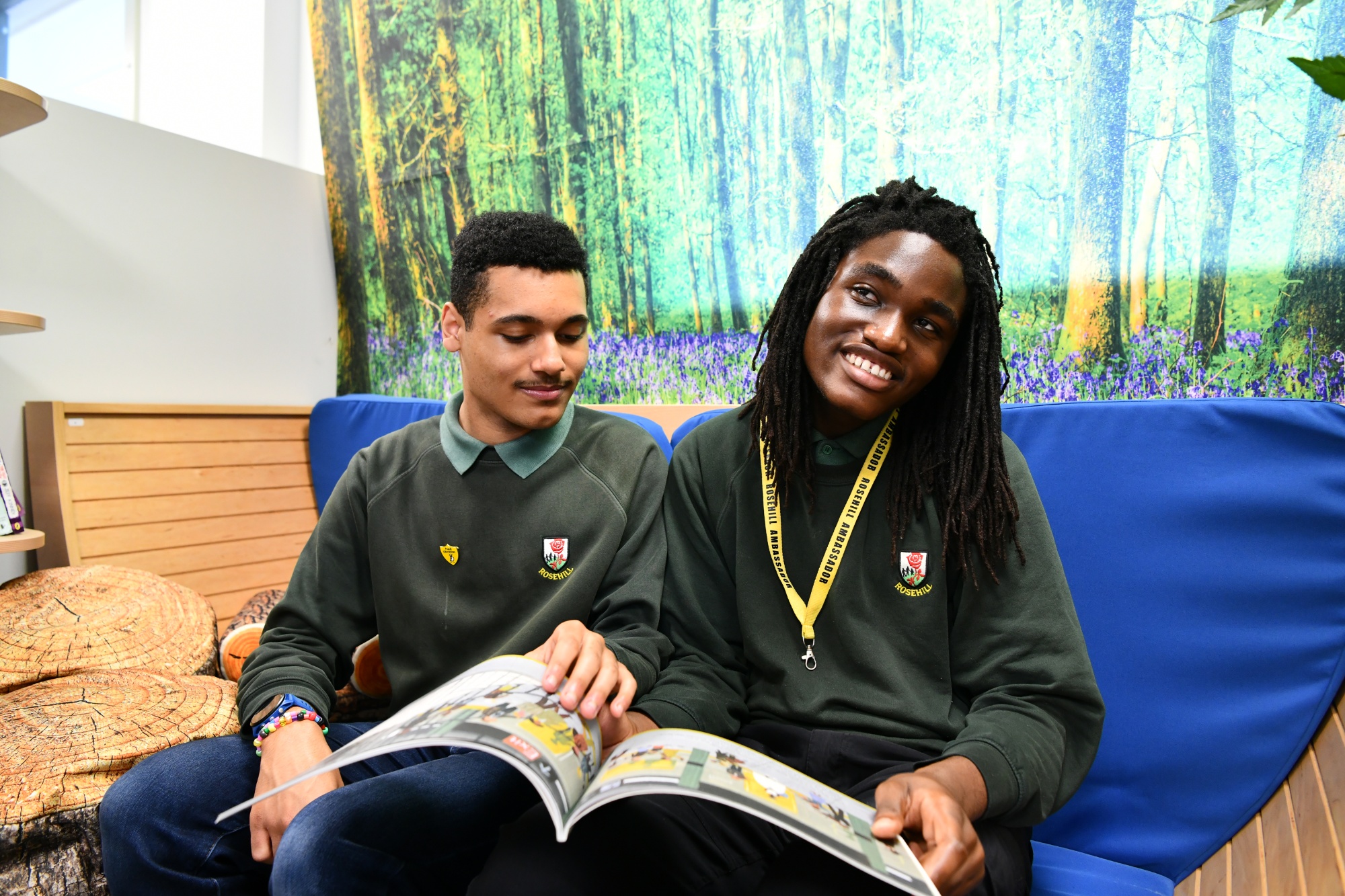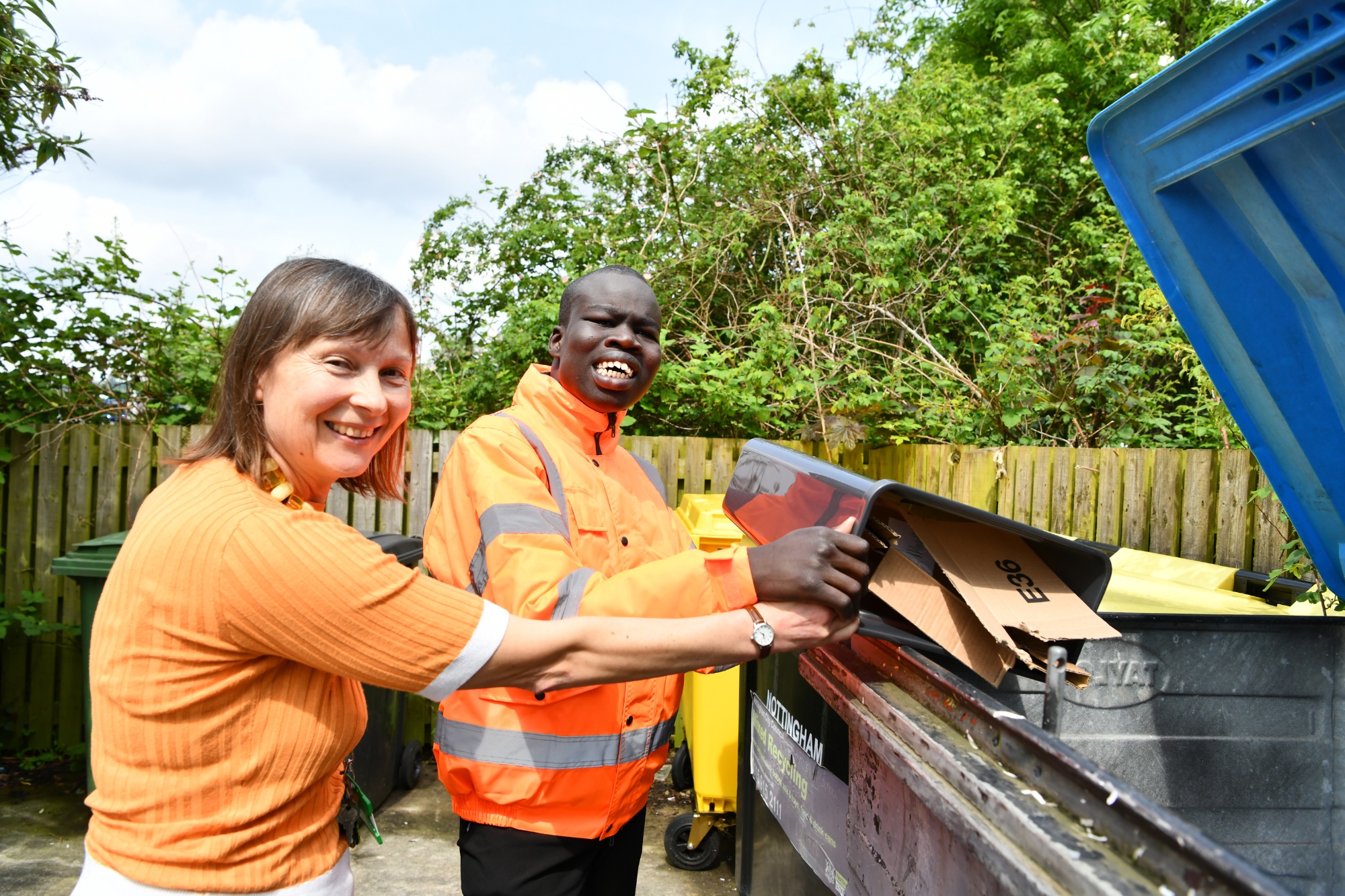
Cultural Capital, Educational Visits and Community Inclusion
Intent
To ensure learners not only cope with, but also learn how to enjoy accessing the community, we begin working with our children from the early key stages, in going out into the community. This helps build up routines, and prepares our learners for various scenarios.
In the EYFS-KS3, we specifically teach our pupils the social skills they will need to allow them to access community situations. This teaching begins within school and forms an integral part of the school day. Pupils are encouraged to develop their tolerance of group situations, to understand social conventions such as taking turns and queuing, to learn how to use a café or a shop and how to cope with some of the ‘tricky situations' they may encounter. Pupils also learn how to keep themselves safe when out in the wider community. Skills are taught within school and reinforced on community visits, with particular attention being paid to road safety and other safety factors when accessing the community.
Implementation
Pupils are provided with planned and purposeful experiences of the wider community, as appropriate to their age and individual needs.
At Rosehill, we realise that not all pupils will have the opportunity to access wider opportunities within their local community. Therefore, the school offers a range of extended and personalised opportunities which enhance and develop pupils’ knowledge of the society in which they live and the wider world:
- Creative curriculum projects –e.g. theatre, cinema, library (in and out of school)
- Multi-Interactive learning environment sessions A wider range of creative personalised learning opportunities will be provided.
- Enhancing and developing opportunities for cultural capital both within the school and by accessing the local community;
- Walking – visiting places of interest
- Library visits – school library and local libraries
- Cinema – MILE sessions
- Museums – bringing more artefacts into school and visiting free museums
- Theatres, music and the arts – school based productions and opportunities e.g. school choir and local productions
Skills learnt within school can then be transferred to ‘real life’ situations, such as paying for a drink, planning a journey, or reading a menu.
Further Information and Evidence of Impact
For further information about Educational Visits and Community Inclusion please contact:
(Educational Visits and Lead EVC - Headteacher) c.steele@rosehill.nottingham.sch.uk
(EVC Coordinator - Teaching Assistant) f.banks@rosehill.nottingham.sch.uk
For further information regarding Cultural Capital please contact:
(Cultural Capital Lead - Teacher) A.Davies@rosehill.nottingham.sch.uk

